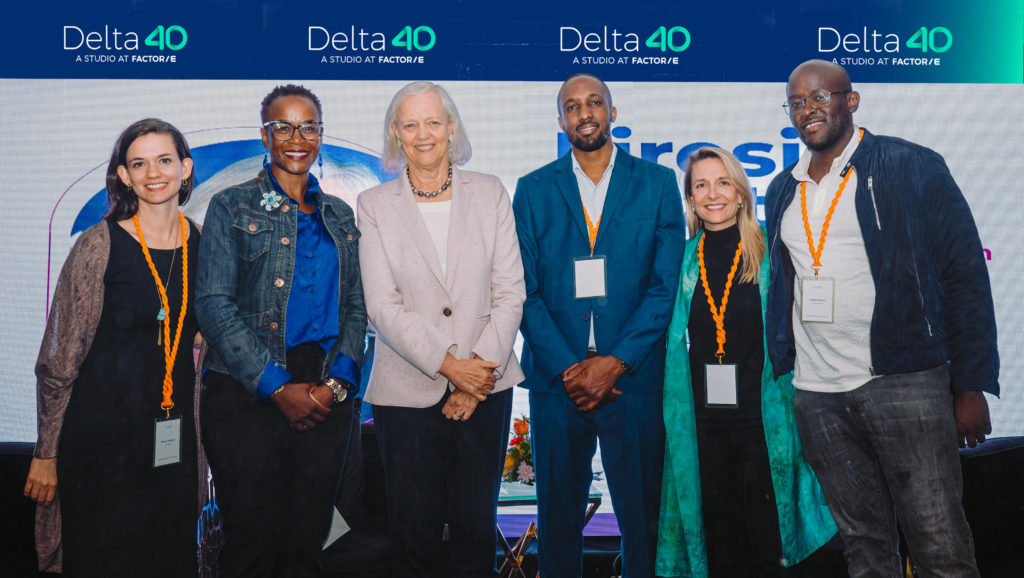
The National Credit Act, first introduced into law in March 2005, was designed to protect consumers from illegal, unethical and problematic lending. It was intended to target soaring levels of household debt and the exorbitant interest rates linked with unregulated lending – which many borrowers would never be in a position to repay.
While any momentum in sector regulation is welcome, many experts in the industry are warning that this doesn’t go far enough to safeguard citizens who are the most vulnerable, those struggling with poverty, low incomes and/or a lack of financial literacy leading to a lack of understanding of the agreements (and repercussions of) what they are signing.
What Changes Did the South African National Credit Act Introduce?
There were several reforms included within the new legislation, with key provisions including:
- Tougher penalties for ‘reckless lending’ with fines and potential prosecution for lenders seen to breach the terms of the Act.
- Restrictions on automatic credit limit increases and door-to-door marketing or selling.
- Requirements for lenders to provide a written quotation, valid for five working days.
- Caps on interest rates, fees, and charges against borrowing.
- Mandatory contracts in at least two languages, provided free of charge to the customer.
Alongside other regulations, the Act gives borrowers the right to seek financial advice or debt counselling assistance if they cannot keep up with their repayments. Debt counsellors must be registered and conform to rules around how they provide their services.
Today, any legitimate lender must be registered with the regulator and offer the protections included within the Act, such as the right to cancel a proposed loan within a timeframe without incurring any penalty.
The issue is that while there are signs of progress, illegal or unregistered lending remains a significant problem. An article published in The Citizen in September 2023 reported that every poor community has at least one loan shark who thrives outside of the regulated lending world, preying on people who have no access to banks or safe lenders or who believe that local lenders – illicit or not – are the only way to tide over their finances.
The Risks of Informal Lending in a Low-Financial Literacy Environment
Borrowers who do not understand the terms of a loan they take on commonly find themselves penalised with huge interest charges and fabricated fees, which grow faster than any repayments they can make.
While a helping hand from a friendly neighbour within a township might seem beneficial, if they are a mashonisa, there is little prospect the borrower will ever become debt-free without professional help, normally after reporting the situation to the authorities.
Recent statistics show that around 40,000 loan sharks still operate in South Africa, charging unlimited interest rates at their discretion. Sometimes, they resort to intimidation and violence to extract ever-larger amounts from their unwitting clients.
How Can South African Improve Safe Lending Access?
Wonga South Africa, one of the country’s more established online loan providers has built their business on making credit safe to access, quick to pay out and (for most applicants) easy to access. Unfortunately there is still a significant demographic for which access to credit is anything but easy.
This indicates that regulated, official credit providers need to look closer at how they engage with these ‘high risk’ communities to ensure credible, safe and ethical lending is better accessible i.e. ensuring the National Credit Act protects those for whom it is most needed.
There needs to be a credit solution available for those who would typically fall short of the standard risk assessment algorithms employed by digital lenders like Wonga and many others. Denying access to credit in one way ‘protects’ this demographic from accruing debt they cannot feasibly repay, however it doesn’t solve the consumer’s core need, inevitably forcing them to approach lenders with less stringent (unregulated) eligibility criteria. This ultimately exposes the consumer to a much higher level of risk.
There are free online resources designed to help individuals looking for credit improve their literacy regarding loan conditions and others aimed at helping people save and budget more successfully. Debt management charities can also provide referrals to registered counsellors who can support families struggling with their finances. While this is a step in the right direction we still need to address the core issue of thousands of consumers exposed to unacceptable financial risk in 2023.
For now, it seems that the National Credit Act has made improvements – but there is still a long way to go to stamp out the cultural acceptance of loan sharking. Until that happens, borrowers may still be exposed to dangerous borrowing terms, irrespective of the terms imposed by the regulator.


















